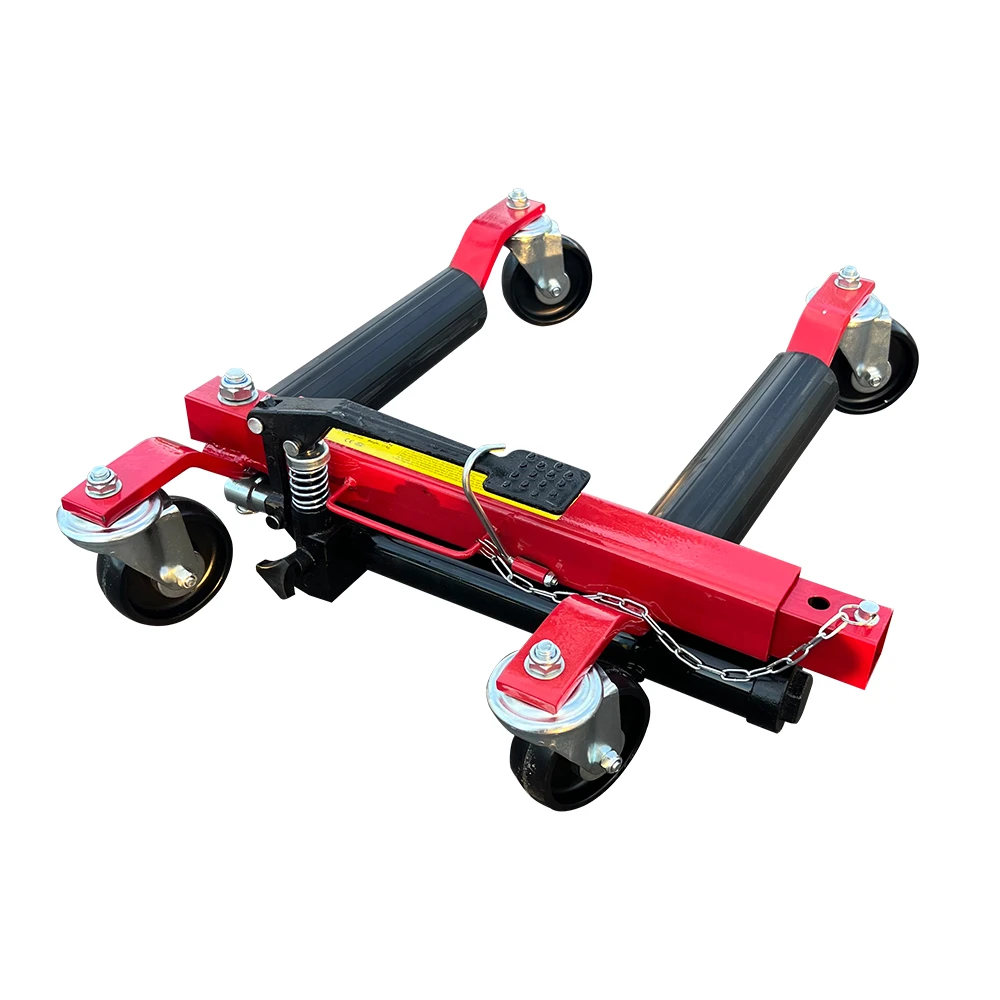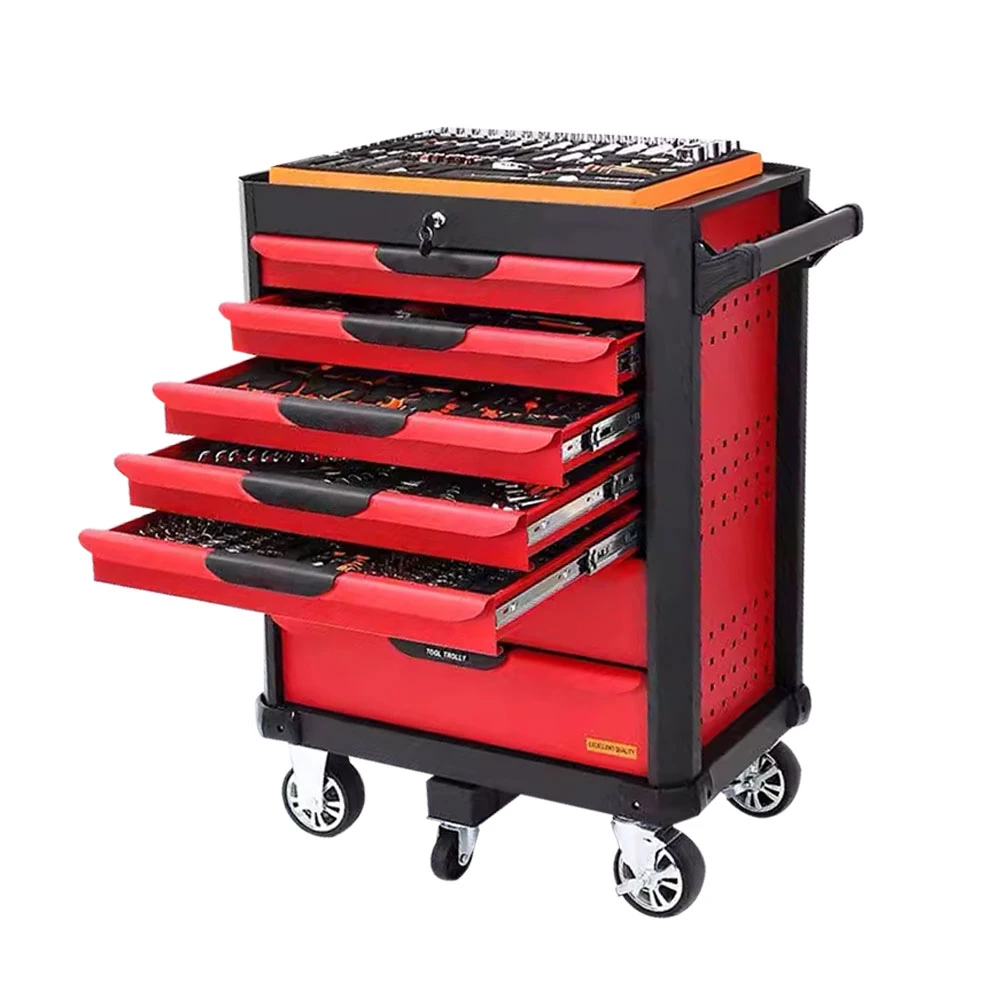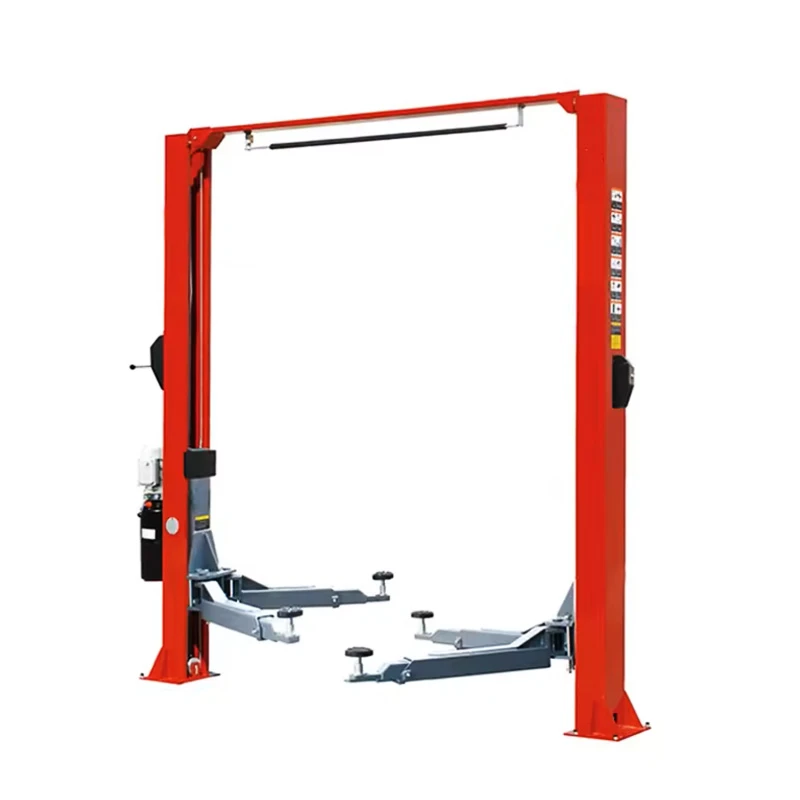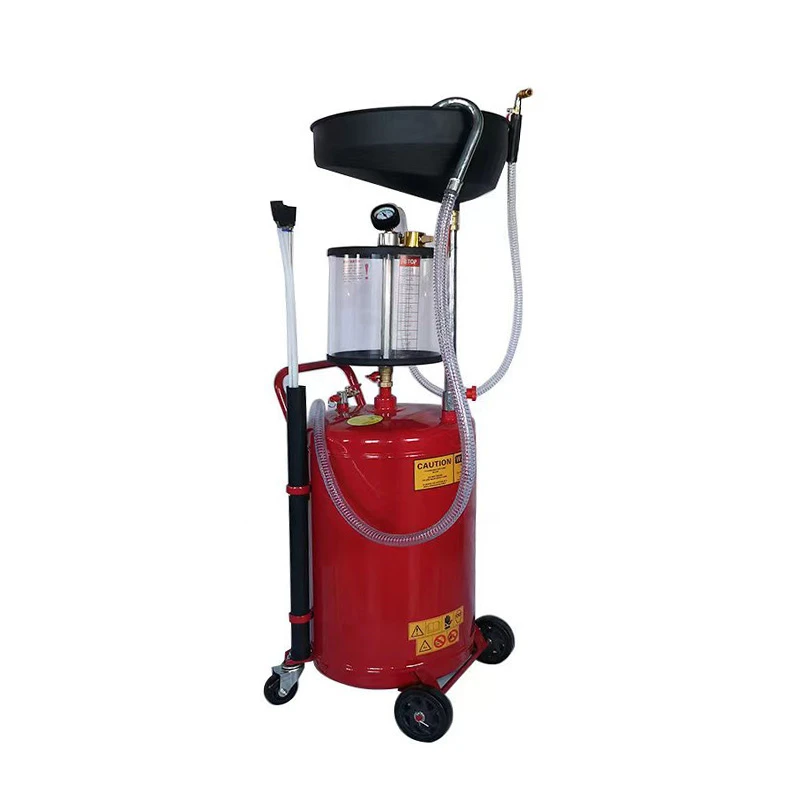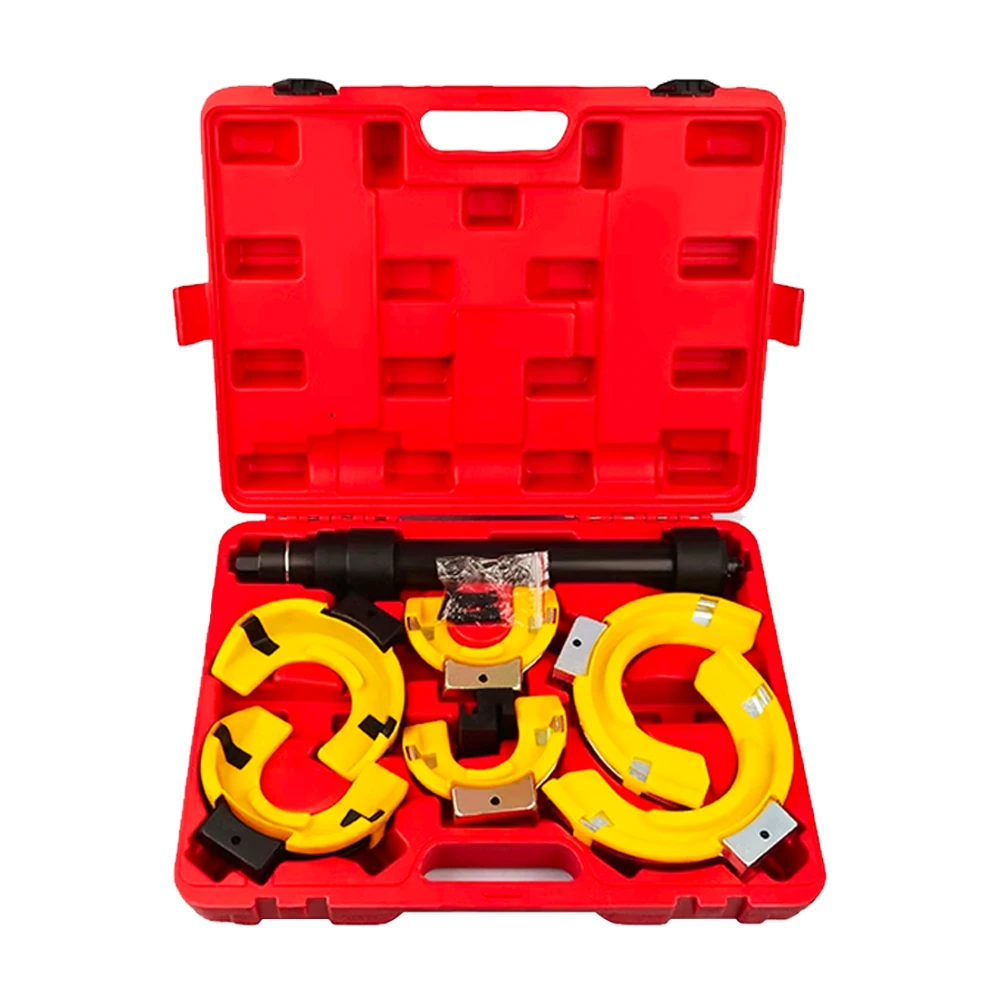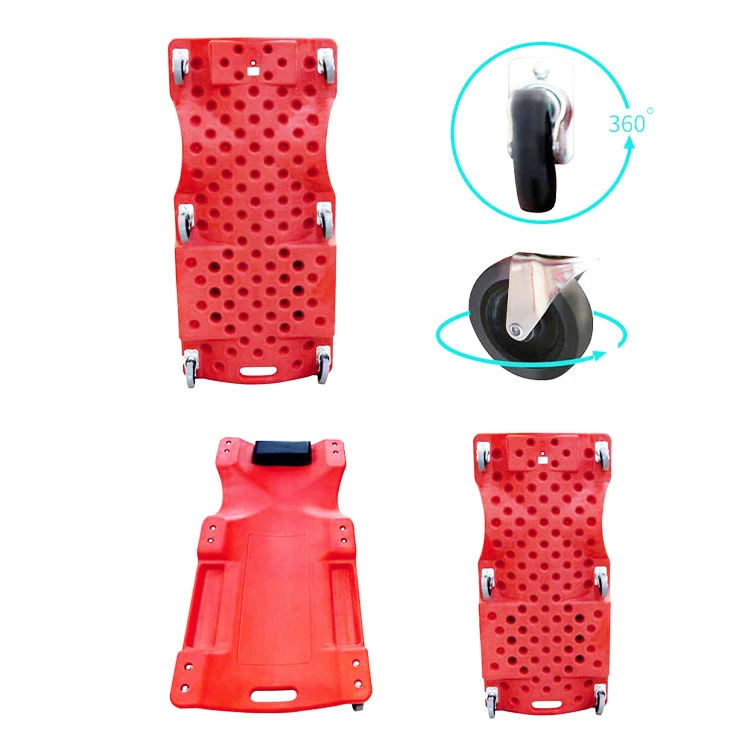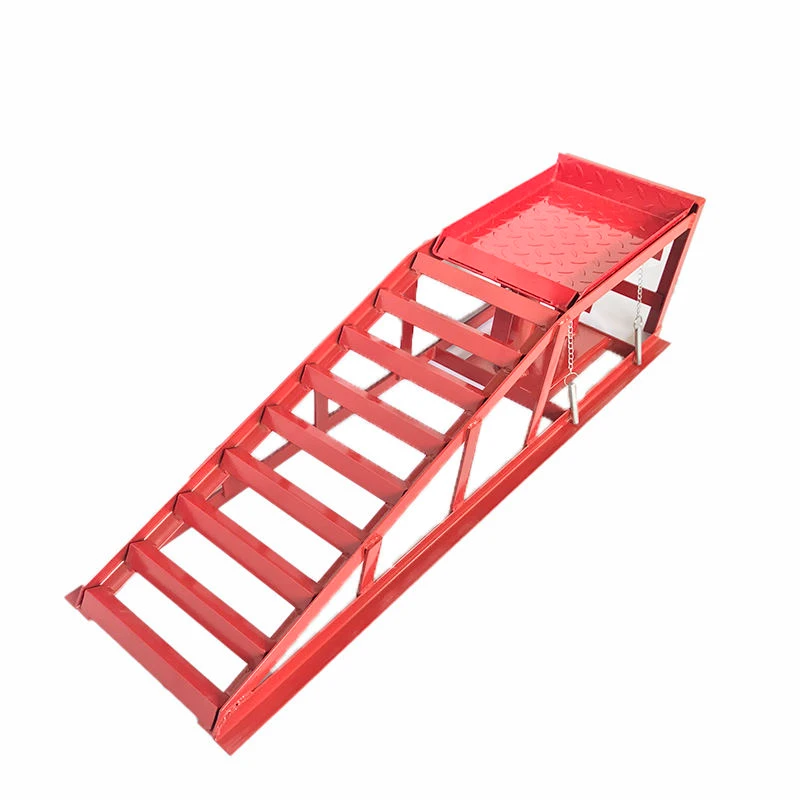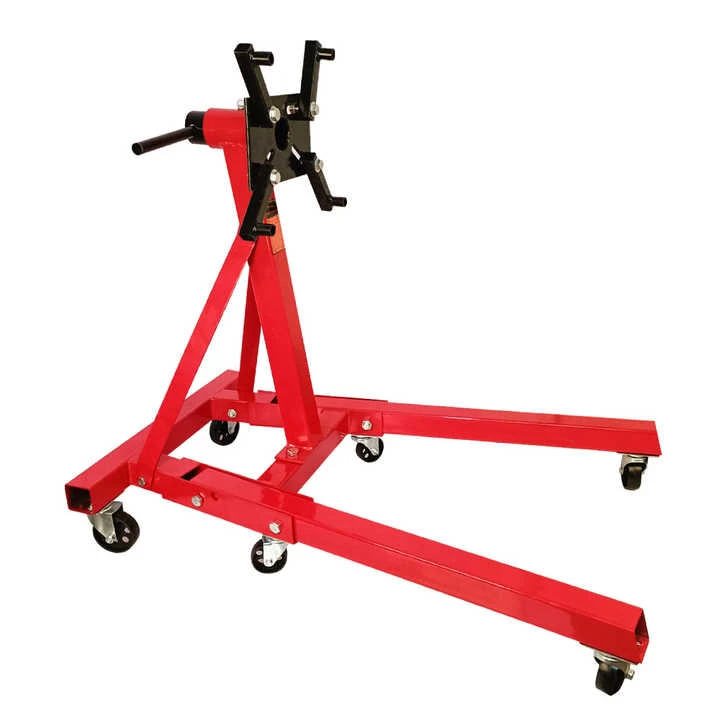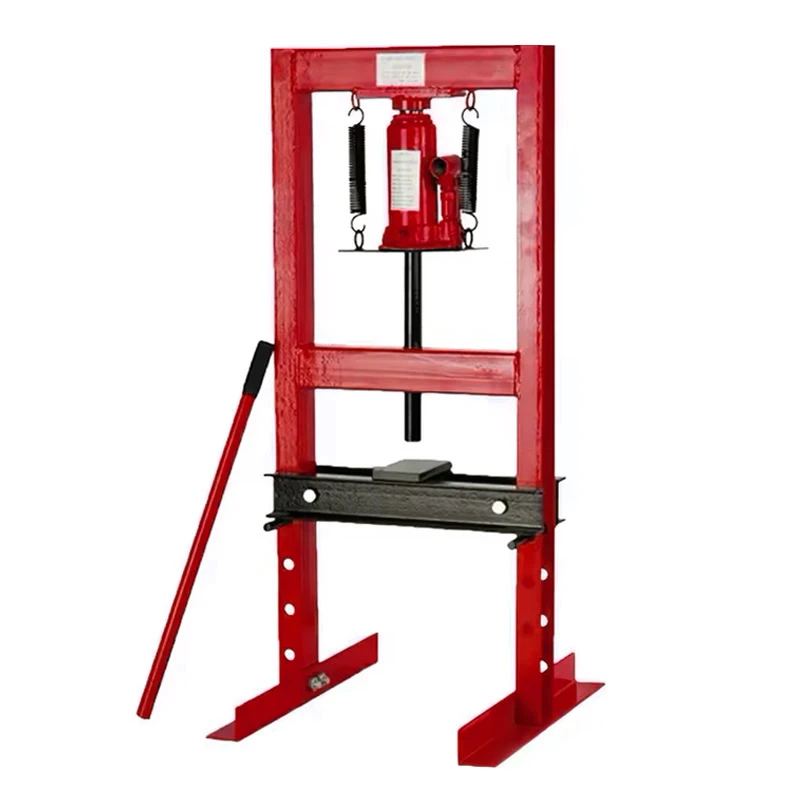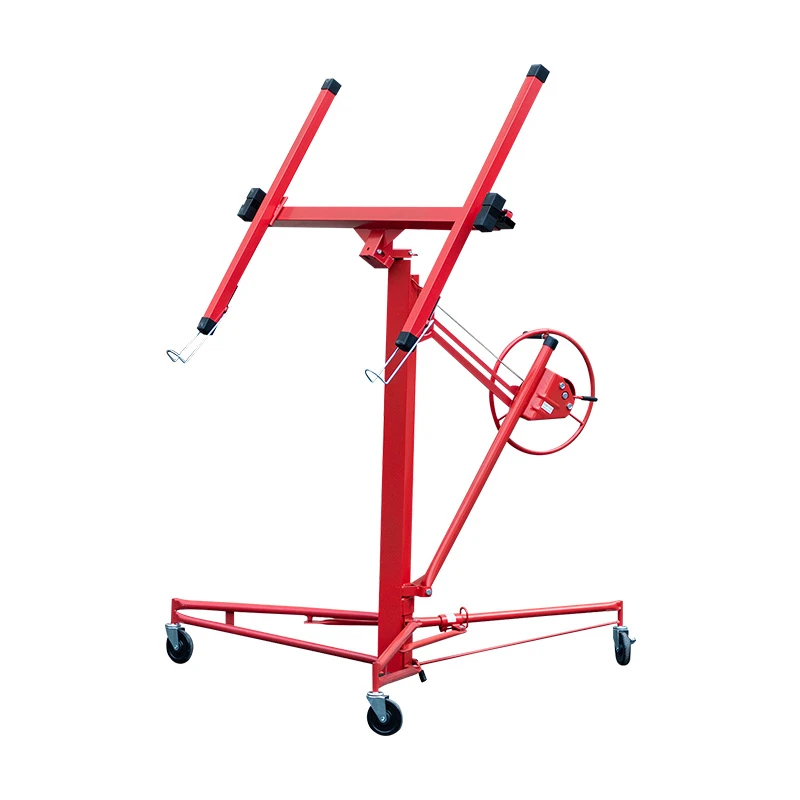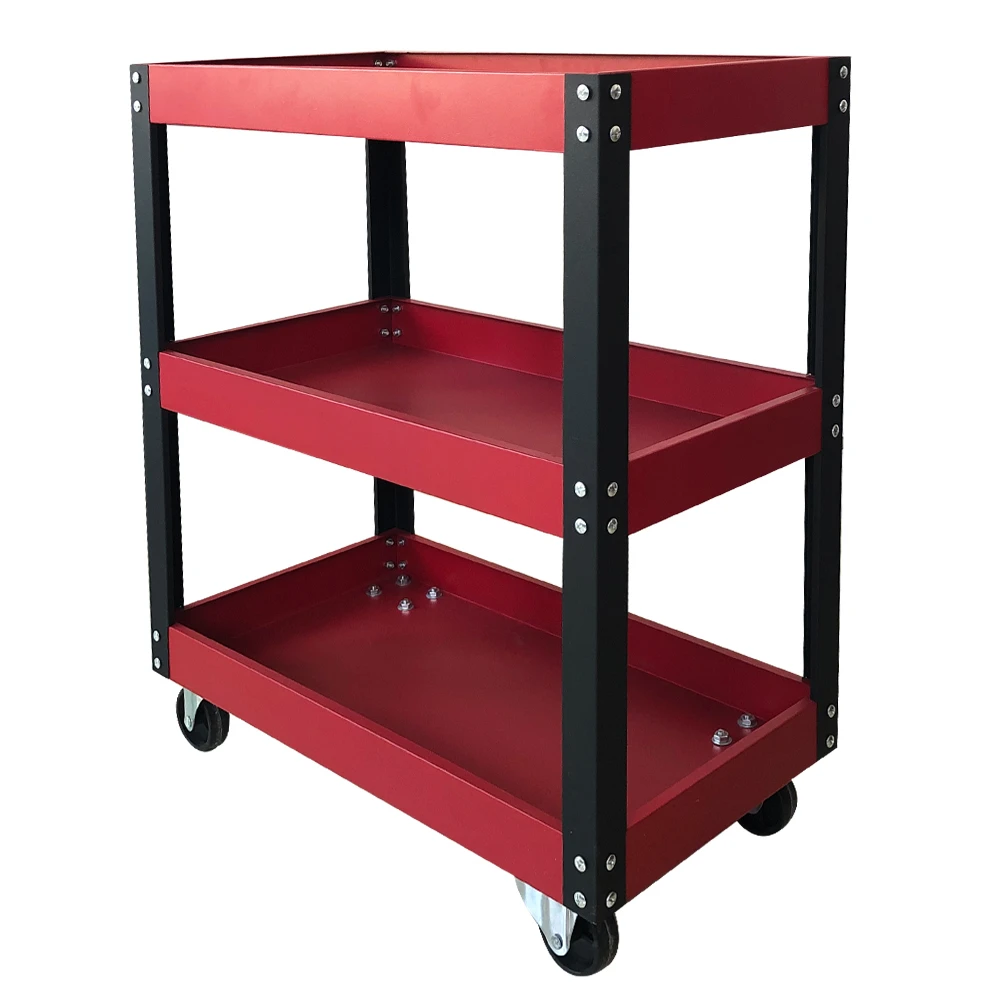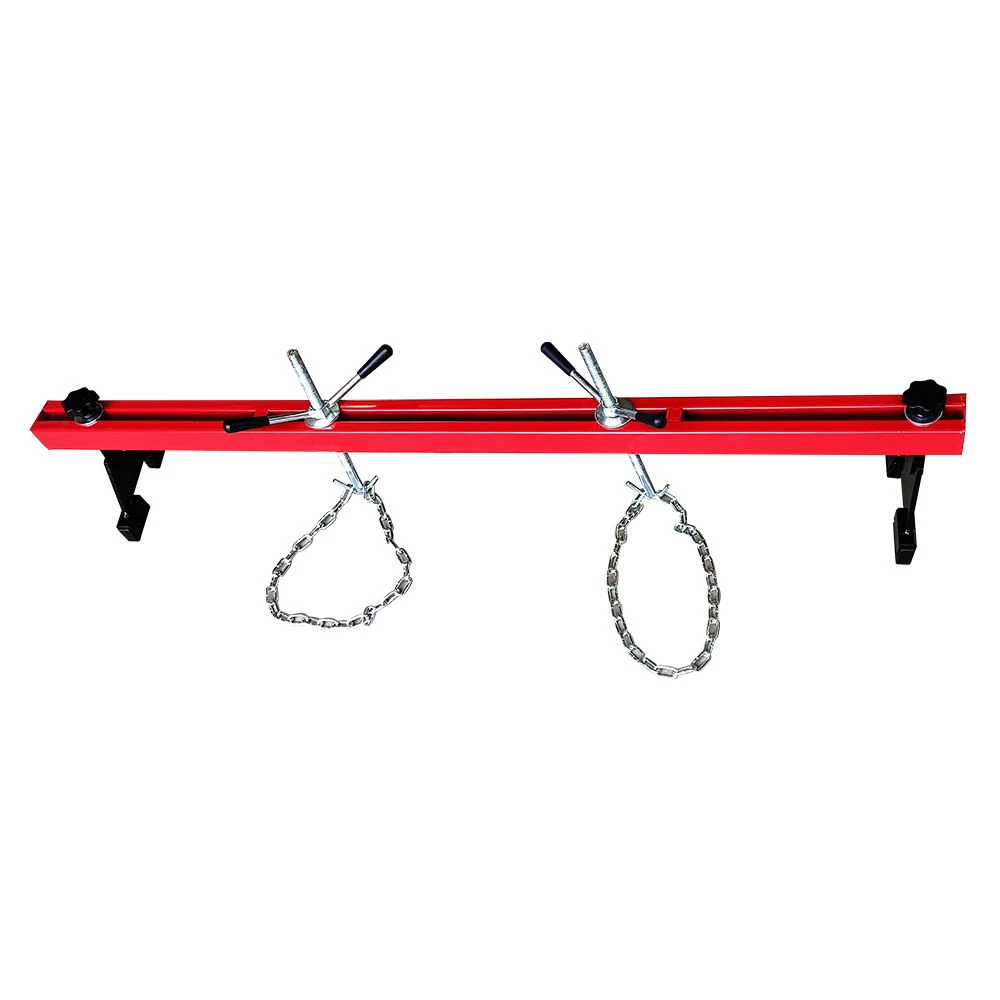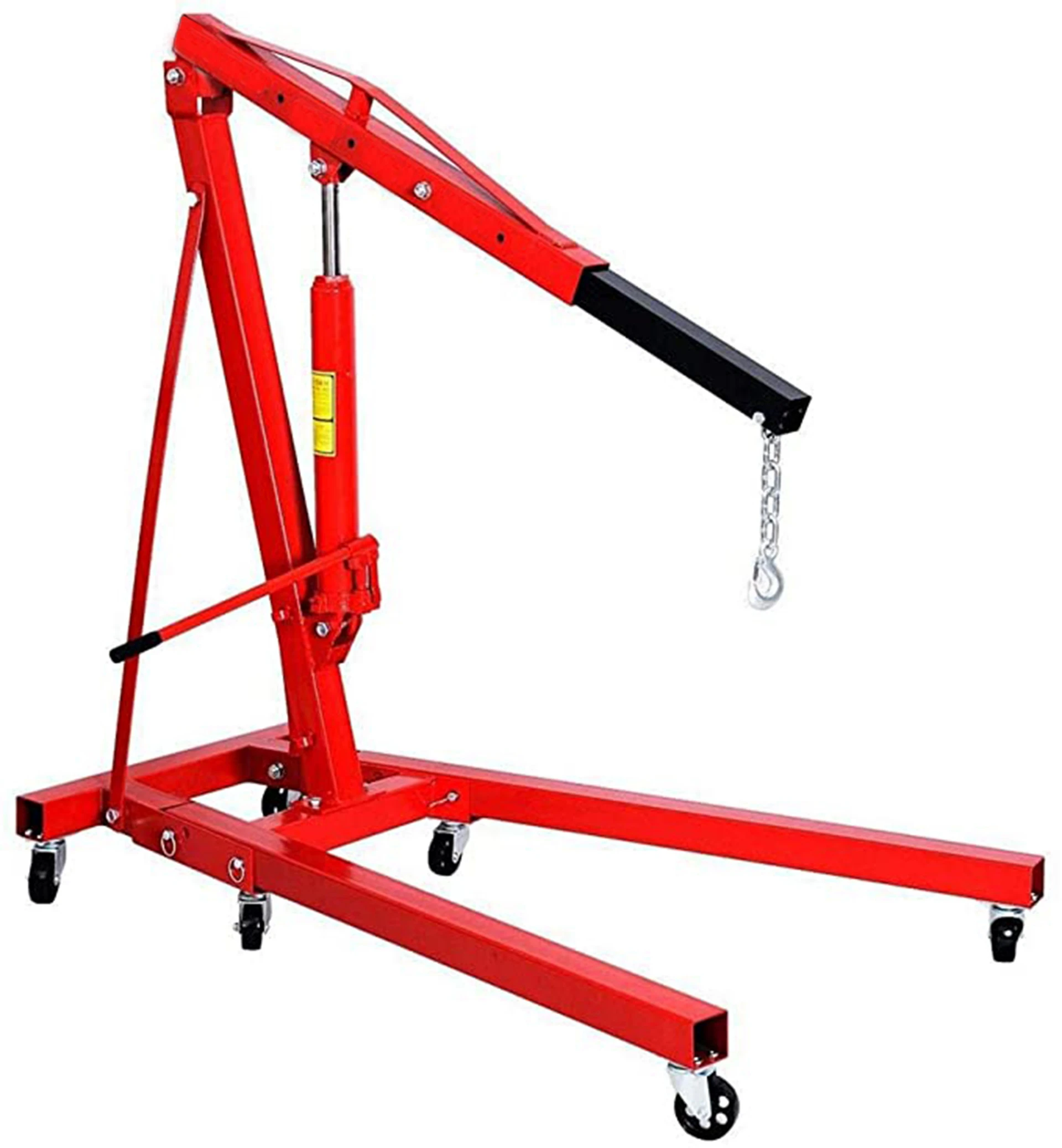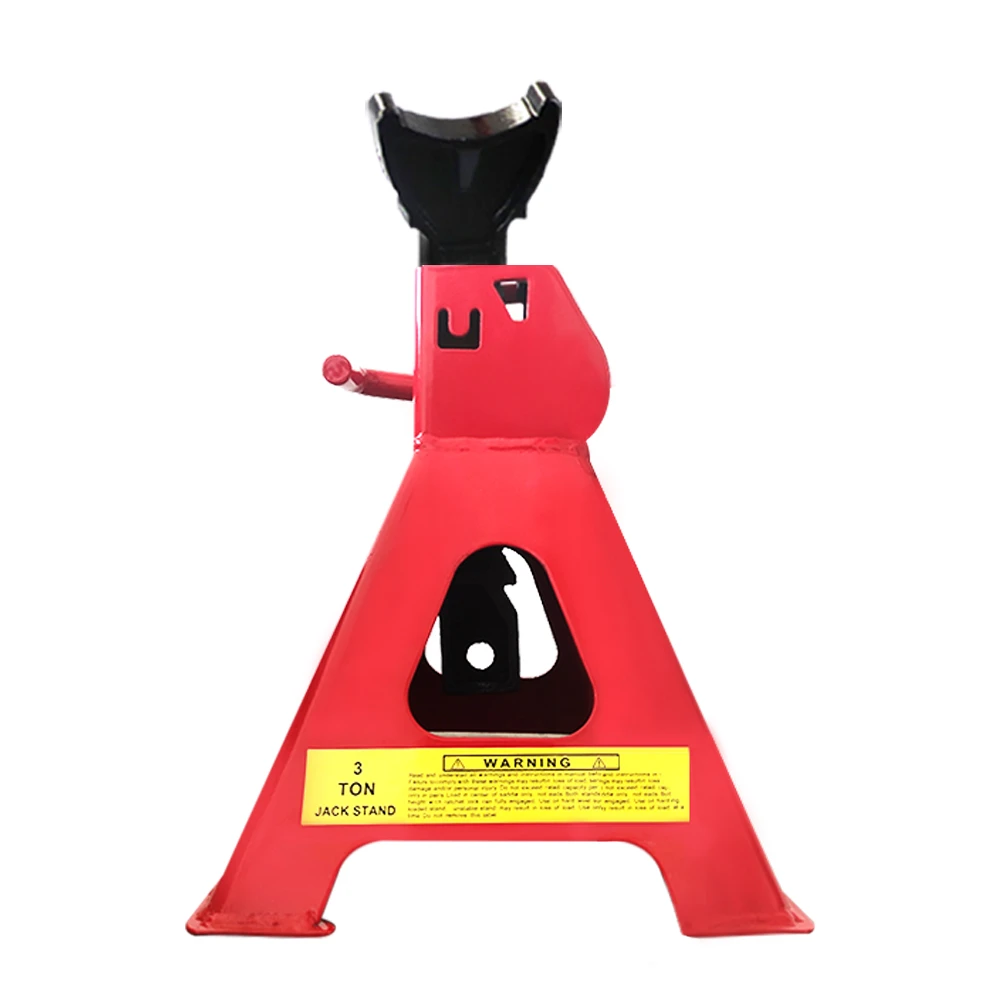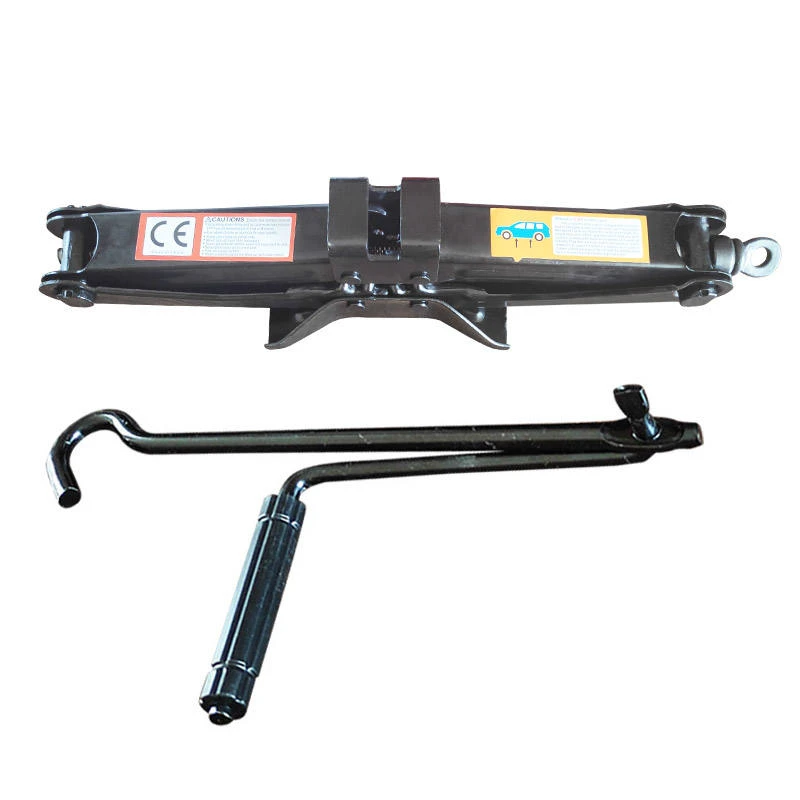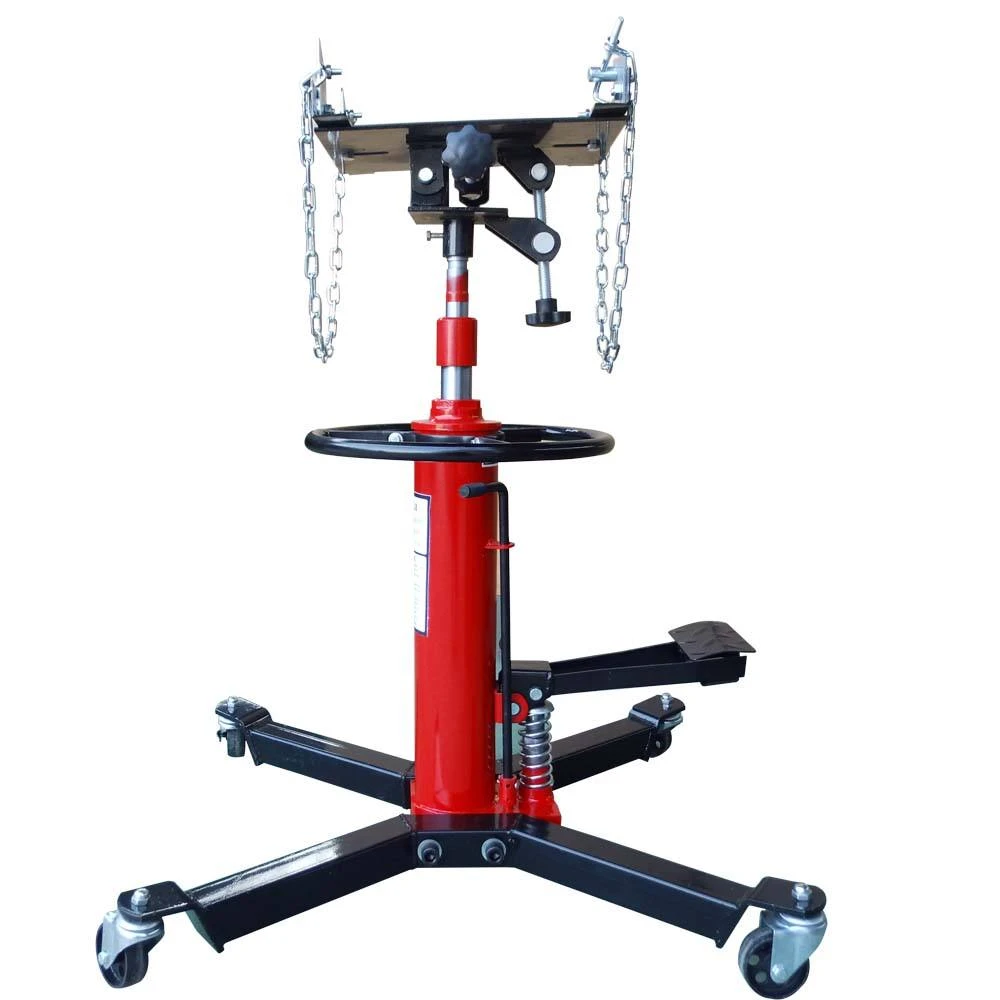Welcome to our online store!
1 月 . 13, 2025 15:34
Back To List
car jack won t pump up
Troubleshooting Guide When Your Car Jack Won't Pump Up
*Check Fluid Levels* Begin by ensuring the hydraulic fluid is at the correct level. If not, refill with the appropriate hydraulic fluid recommended by the manufacturer. This simple action can often resolve the issue. *Bleed the Jack* If airlock is suspected, bleeding the car jack can eliminate trapped air. Position the jack on a flat, stable surface, open the release valve, and pump the handle a few times. This should allow any trapped air to escape. *Inspect for Wear* Examine moving parts for any signs of wear or damage. Pay particular attention to the lifting arm and release valve. Replace any worn or damaged parts promptly. *Clean and Lubricate* If rust or grime is present, clean the jack thoroughly with rust remover and lubricate all moving parts. Regular maintenance can prevent this from becoming a reoccurring issue. Preventative Maintenance Tips Consistent maintenance is paramount to keeping your car jack in optimum condition. Store your jack in a dry, clean environment to prevent rust. Regularly inspect and top up hydraulic fluid levels, especially before long trips. By keeping the jack clean and lubricated, you extend its lifespan and reliability. Professional Insights and Resources For those facing persistent jack issues or complex mechanical failures, consulting a professional is advised. Many automotive workshops have specialists who can diagnose and repair hydraulic and mechanical failures efficiently. Additionally, several online resources and communities offer forums where vehicle enthusiasts and professionals discuss solutions and share experiences. In conclusion, a car jack that won’t pump up doesn't always signal the need for a replacement. By applying practical experience and employing authoritative advice, most problems can be resolved swiftly, ensuring safety and reliability. Regular maintenance coupled with a proactive approach to troubleshooting will ensure your car jack remains a valuable tool in your vehicle maintenance toolkit.
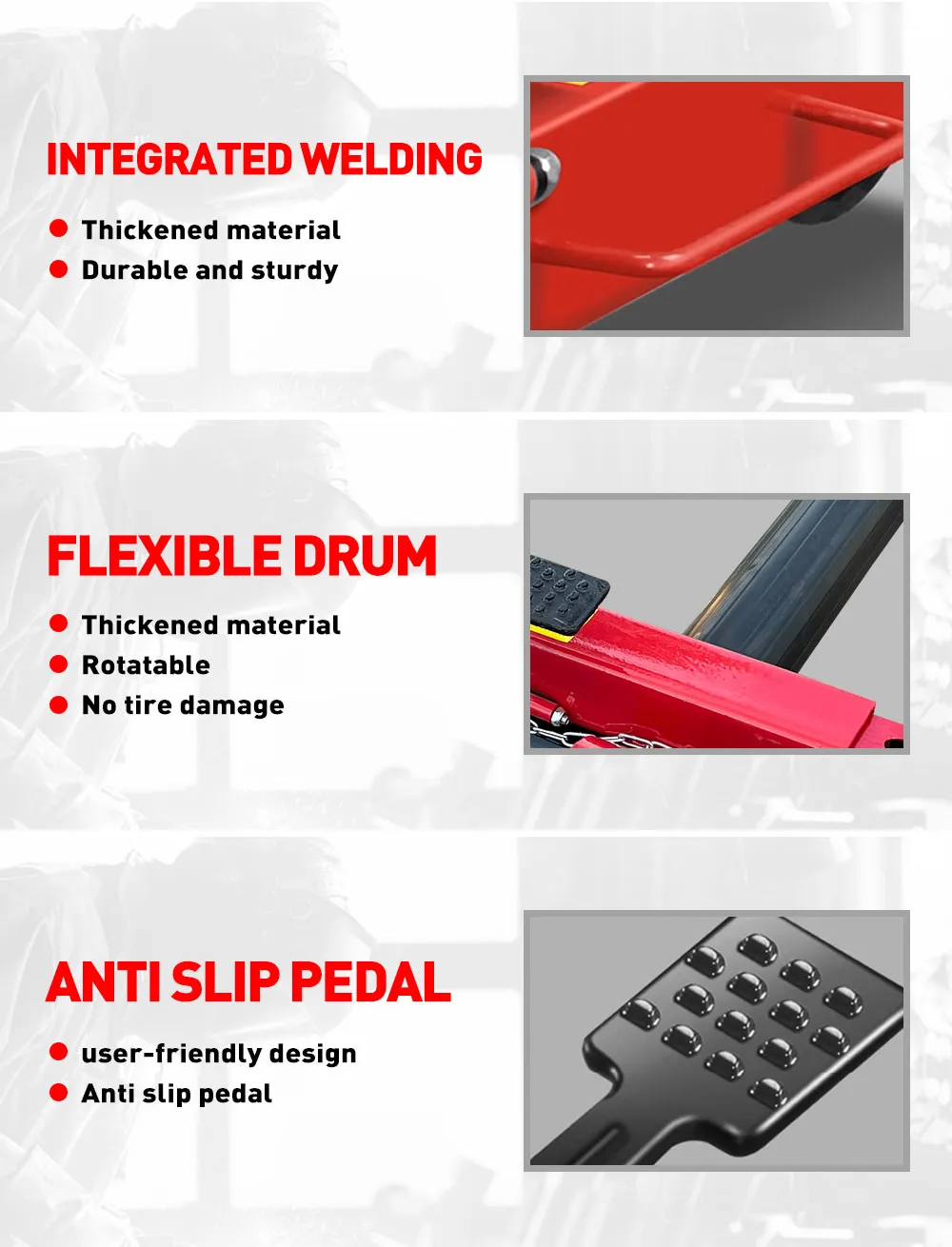
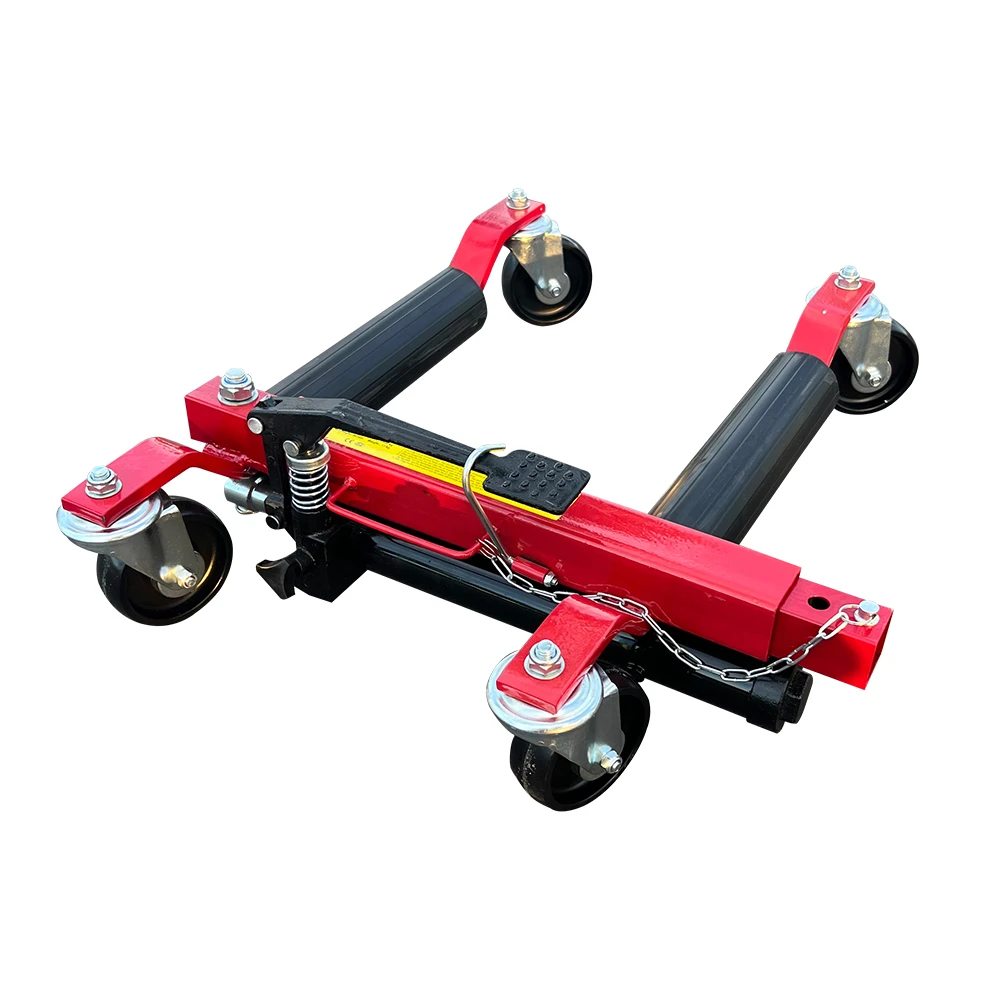
*Check Fluid Levels* Begin by ensuring the hydraulic fluid is at the correct level. If not, refill with the appropriate hydraulic fluid recommended by the manufacturer. This simple action can often resolve the issue. *Bleed the Jack* If airlock is suspected, bleeding the car jack can eliminate trapped air. Position the jack on a flat, stable surface, open the release valve, and pump the handle a few times. This should allow any trapped air to escape. *Inspect for Wear* Examine moving parts for any signs of wear or damage. Pay particular attention to the lifting arm and release valve. Replace any worn or damaged parts promptly. *Clean and Lubricate* If rust or grime is present, clean the jack thoroughly with rust remover and lubricate all moving parts. Regular maintenance can prevent this from becoming a reoccurring issue. Preventative Maintenance Tips Consistent maintenance is paramount to keeping your car jack in optimum condition. Store your jack in a dry, clean environment to prevent rust. Regularly inspect and top up hydraulic fluid levels, especially before long trips. By keeping the jack clean and lubricated, you extend its lifespan and reliability. Professional Insights and Resources For those facing persistent jack issues or complex mechanical failures, consulting a professional is advised. Many automotive workshops have specialists who can diagnose and repair hydraulic and mechanical failures efficiently. Additionally, several online resources and communities offer forums where vehicle enthusiasts and professionals discuss solutions and share experiences. In conclusion, a car jack that won’t pump up doesn't always signal the need for a replacement. By applying practical experience and employing authoritative advice, most problems can be resolved swiftly, ensuring safety and reliability. Regular maintenance coupled with a proactive approach to troubleshooting will ensure your car jack remains a valuable tool in your vehicle maintenance toolkit.
Prev:
Next:
Products categories
Latest News
-
Unraveling the World of Car Jack Economics and Acquisition
NewsJun.24,2025 -
Unraveling the Essentials of Car Jacks and Their Operations
NewsJun.24,2025 -
Unraveling the Capabilities of 10 - Ton Porta Power Equipment
NewsJun.24,2025 -
Unraveling Issues and Solutions in Car Jack Systems
NewsJun.24,2025 -
Unleashing the Potential of 10 - Ton Hydraulic Equipment
NewsJun.24,2025 -
Power and Precision in Heavy - Duty Lifting: 10 Ton Porta Power Solutions
NewsJun.24,2025 -
What Makes Car Shop Jacks and Related Tools Indispensable for Vehicle Maintenance?
NewsJun.12,2025
